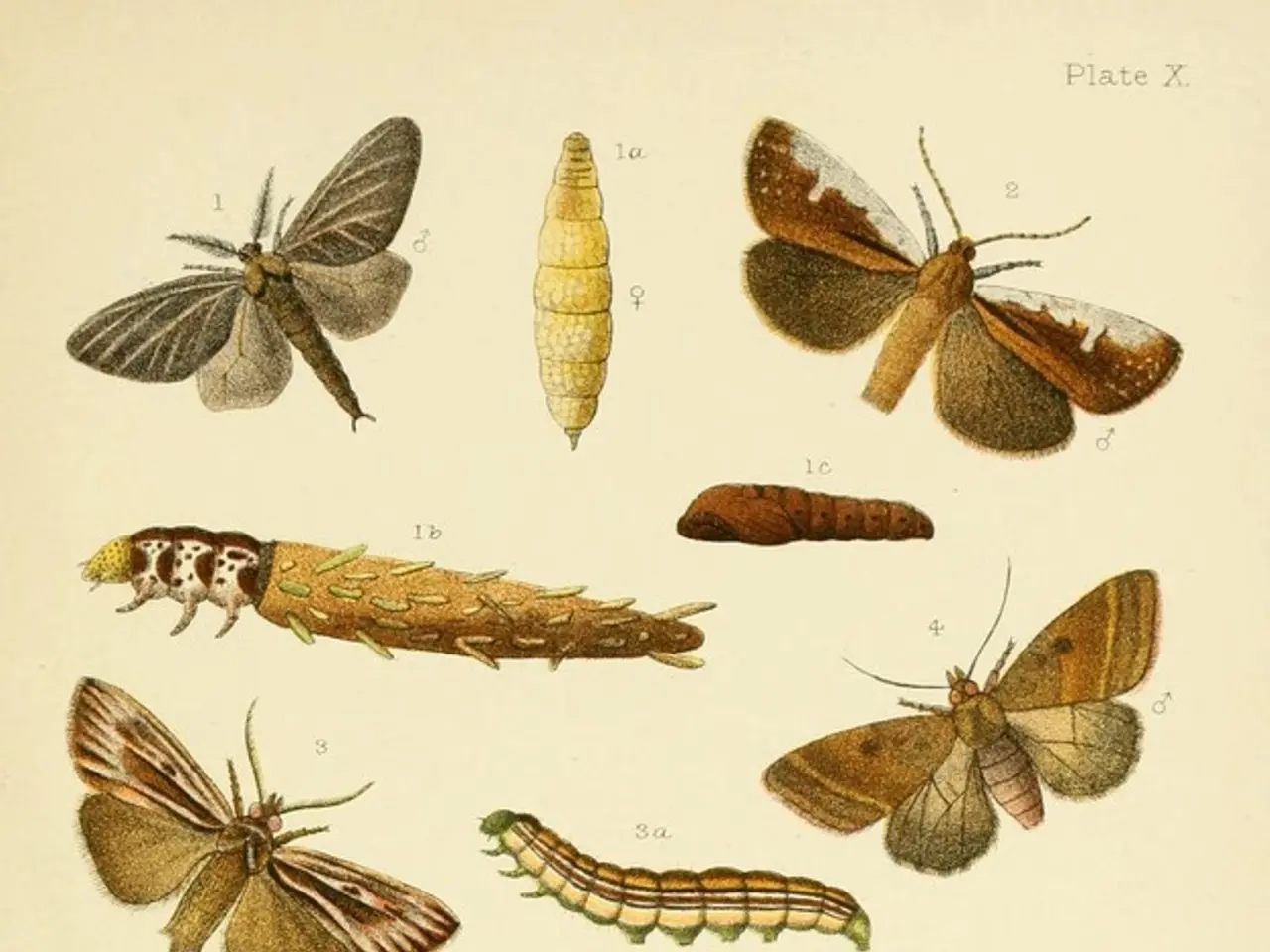EU-approved pesticide faces opposition from French residents
The French National Assembly's adoption of the Duplomb Law on July 9, 2025, has sparked a heated debate over the reintroduction of the neonicotinoid insecticide, acetamiprid, previously banned due to health and environmental concerns.
The Duplomb Law, a significant shift in France’s agricultural policy, aims to simplify and deregulate conditions for farmers. However, critics argue that it benefits large industrial farms at the potential expense of ecological and public health safeguards.
The law's provision allowing acetamiprid's regulated reintroduction has faced intense opposition. Over 1.8 million citizens have signed a petition demanding the repeal of the Duplomb Law, marking an unprecedented level of popular opposition in France.
Critics label the law a "scientific, ethical, environmental, and public health aberration" for reauthorizing harmful pesticides linked to neurotoxicity and ecosystem damage, particularly to pollinators like bees. The controversy revolves around potential public health risks, including cancer and neurotoxicity, and devastating impacts on bee populations and biodiversity.
The Duplomb Law's social legitimacy and future enforcement face strong opposition fueled by ecological, scientific, and ethical concerns. The law reminds many of past pesticide disasters like the chlordecone crisis in Martinique and Guadeloupe, where neglect and prioritization of agricultural profits led to lasting contamination, widespread health issues, and intergenerational neurotoxin exposure.
The Duplomb Law authorizes farmers to use acetamiprid, a pesticide considered harmful to bees, as insect pests are reported to destroy between 30 and 50% of hazelnut crops. Acetamiprid is also implicated as a carcinogen and a danger to human health.
Despite the controversy, the Duplomb Law is being defended as necessary to protect French crops from insect pests. However, it is being criticized for potentially setting Europe back in terms of harmonizing pesticide bans and for its punitive logic and potential burdens on farmers' productivity and profitability.
The President of the National Assembly has announced a debate on the Duplomb Act, which, while not leading to an immediate vote to repeal the law, meets the criteria for a new debate in the National Assembly. The debate will focus on the petition against the Duplomb Law, but it remains to be seen whether it will lead to a change in the law's status.
The European Food Safety Authority (EFSA) has expressed caution about the developmental neurotoxicity properties of acetamiprid, adding to the concerns surrounding the Duplomb Law. The law is also being criticized by ecologist MEPs as a dangerous message sent by Paris to its European partners.
In conclusion, the Duplomb Law is a contentious issue in France, with a significant portion of civil society and environmental groups fiercely contesting its provision allowing acetamiprid’s regulated reintroduction. The controversy centers around potential public health risks and devastating impacts on bee populations and biodiversity, with a million-plus citizens petitioning against it and calls for a parliamentary debate when sessions resume.
- The Duplomb Law's reintroduction of the neonicotinoid insecticide, acetamiprid, into France's agricultural industry has stimulated debate in the realm of environmental-science and policy-and-legislation.
- Critics are labeling the Duplomb Law a "scientific, ethical, environmental, and public health aberration" due to its authorization of harmful pesticides like acetamiprid, linked to neurotoxicity and ecosystem damage.
- The Environmental Food Safety Authority (EFSA) has expressed concern regarding the developmental neurotoxicity properties of acetamiprid, adding to the criticism of the Duplomb Law.
- In the midst of the general-news and politics surrounding the Duplomb Law, there is a heated debate on the potential public health risks, impacts on bee populations and biodiversity, and the law's impact on Europe's efforts to harmonize pesticide bans.




